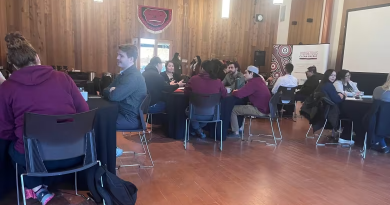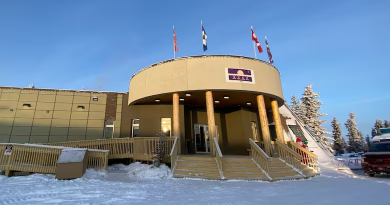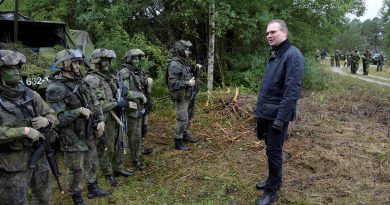‘We’re up here!’ says Nunavut premier as Arctic Canadian territory celebrates 20th anniversary
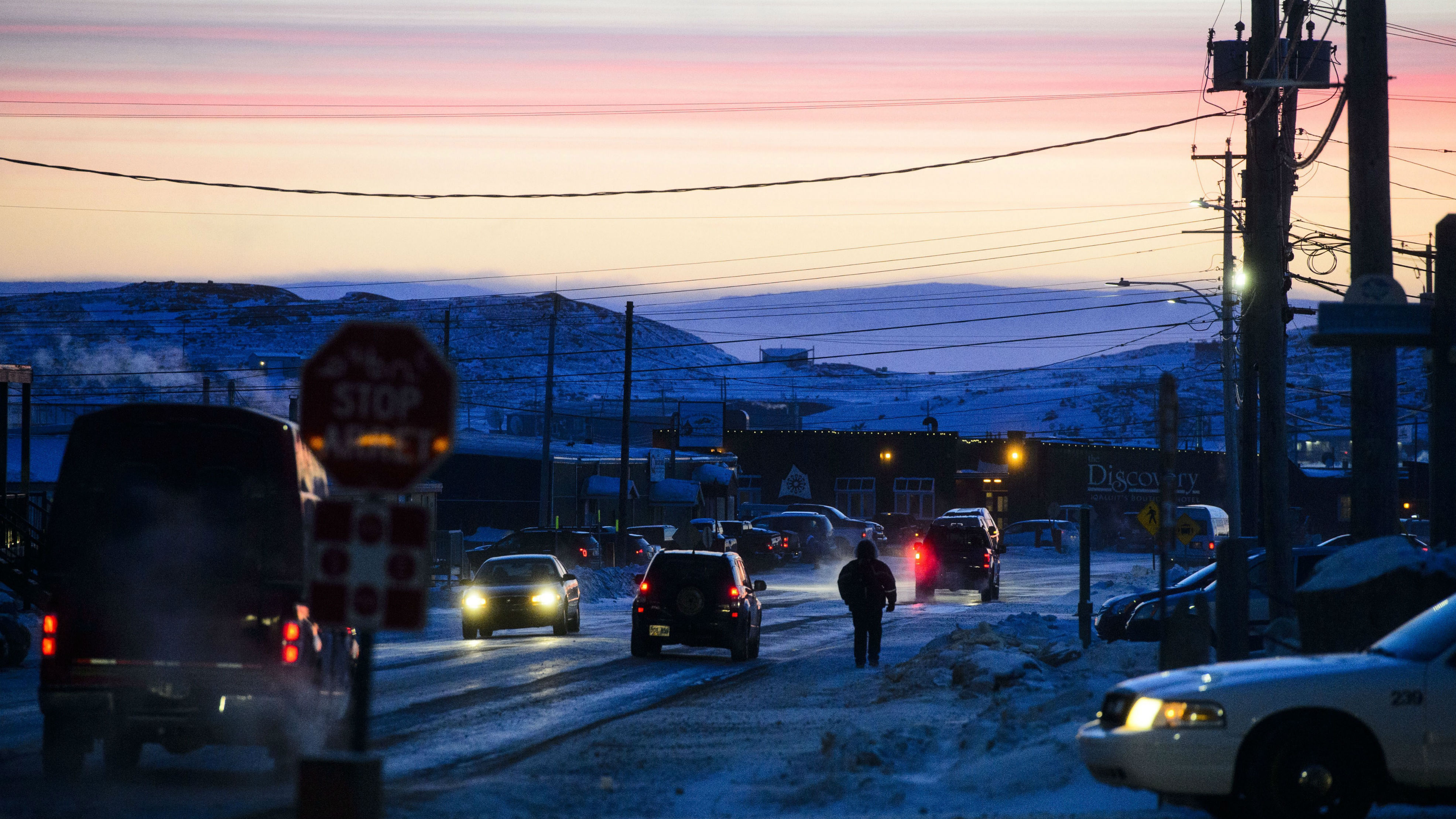
As Nunavut celebrates the 20th anniversary of becoming Canada’s northernmost territory, Premier Joe Savikataaq says he wants people in the rest of the country and outside its borders to remember that it is not just an expanse of frozen land and sea.
“We’re up here!” Savikataaq told Radio Canada International. “It’s not just a big wilderness here. We have 25 communities, we’re proud Canadians, we’re resilient and we adapt to climate change and we just want to be treated as equals within Canada.”
Nunavut, which means “Our Land” in Inuktitut, was created on April 1, 1999, when the sprawling northern territory that covers an area of nearly 2 million square kilometres separated from the Northwest Territories (NWT) to become Canada’s third northern territory with its own capital Iqaluit.
“I think the biggest achievement is the fact that our current governments they’re closer to the people now and they’re more responsive to the people’s wants and needs than back when it was NWT and the government seemed like it was so far away from the people,” Savikataaq said.
“We have our Inuit language protection act and any of our laws and legislation or policies have to align with Inuit society values.”
About 80 per cent of the region’s nearly 38,000 residents are Inuit.
Functioning government and legislature
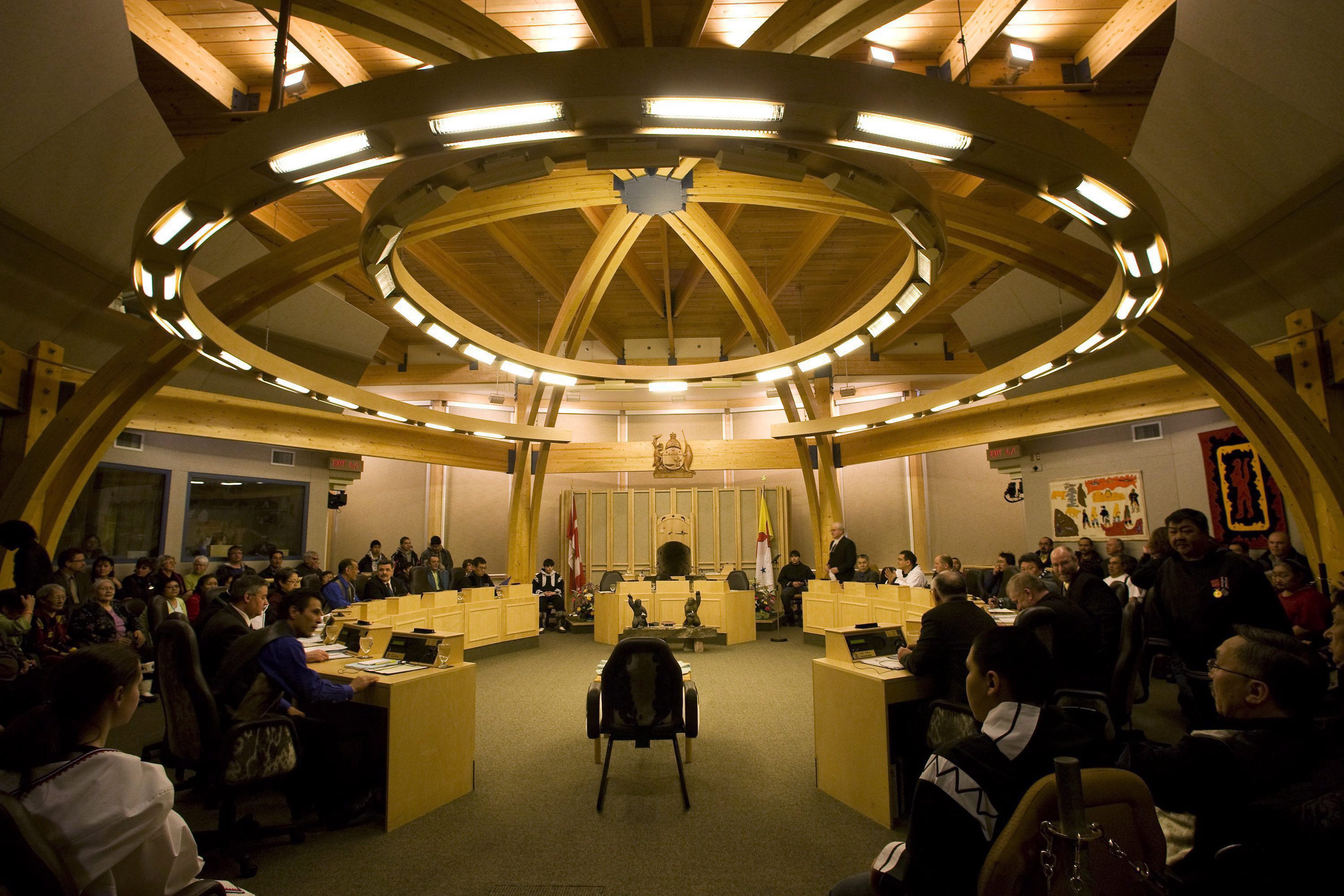
Aluki Kotierk, president of Nunavut Tunngavik Inc., said the creation of Nunavut and its accomplishments have to be seen in the context of the 1993 Nunavut Agreement.
The Nunavut Agreement, the largest land claims agreement in Canadian history signed after nearly two decades of negotiations, set the groundwork for the creation of the territory. Nunavut Tunngavik Inc. was set up to manage the implementation of the agreement.
“Article 4 stipulates the creation of the territory of Nunavut with its own legislative assembly and the government of Nunavut,” Kotierk said in a phone interview from Ottawa.
“When I look at it from that perspective, the mere creation of the territory of Nunavut, altering the map of Canada all very peacefully, is a great accomplishment in itself – that there is a functioning government, that there is a functioning legislative assembly I think are all very key accomplishments.”
The decentralized model of government, which allows to spread government jobs in other communities instead of concentrating all of the territorial bureaucracy in the capital Iqaluit, is another major accomplishment of the last 20 years, she said.
The number of Inuit working for the government has almost doubled, Savikataaq said.
Infrastructure deficit
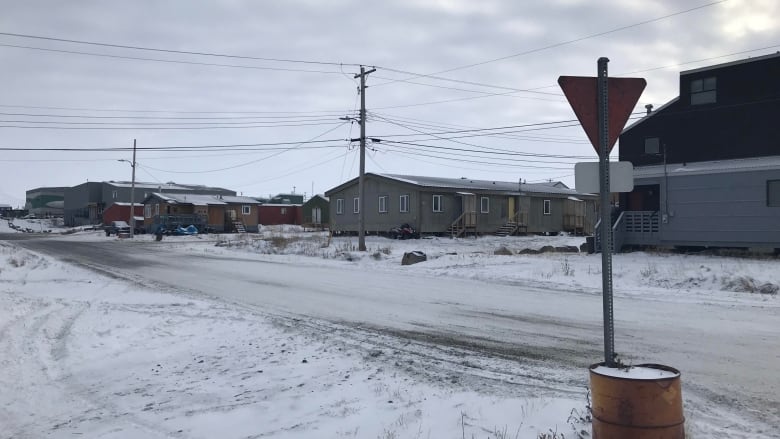
And the territory has built about 1,900 public housing units, Savikataaq said.
“We’re still short of what we need but we’ve built a lot of houses,” he said.
Still, Nunavut has to overcome tremendous challenges when it comes to basic infrastructure, social and health services, and education, Savikataaq said.
“Here in Nunavut we’re still far so behind in infrastructure that we’re not even at the start line that Canada has to do some nation-building, whether it be building ports, building roads into Nunavut, fibre optics into Nunavut, or upgrading the runways,” Savikataaq said, adding that the territory has a lot of catching up to the rest of Canada.
Services that are taken for granted in southern Canada, either don’t exist in Nunavut or are prohibitively expensive to provide within the territory, he said.
“Our cost of living is really-really high here and food insecurity is a big issue and it’s not going away, we have a severe lack of housing here, we need between 3,000 and 3,300 houses right now and we’re being funded just to build 83 houses in the 2019-20 fiscal year.”
Bright future
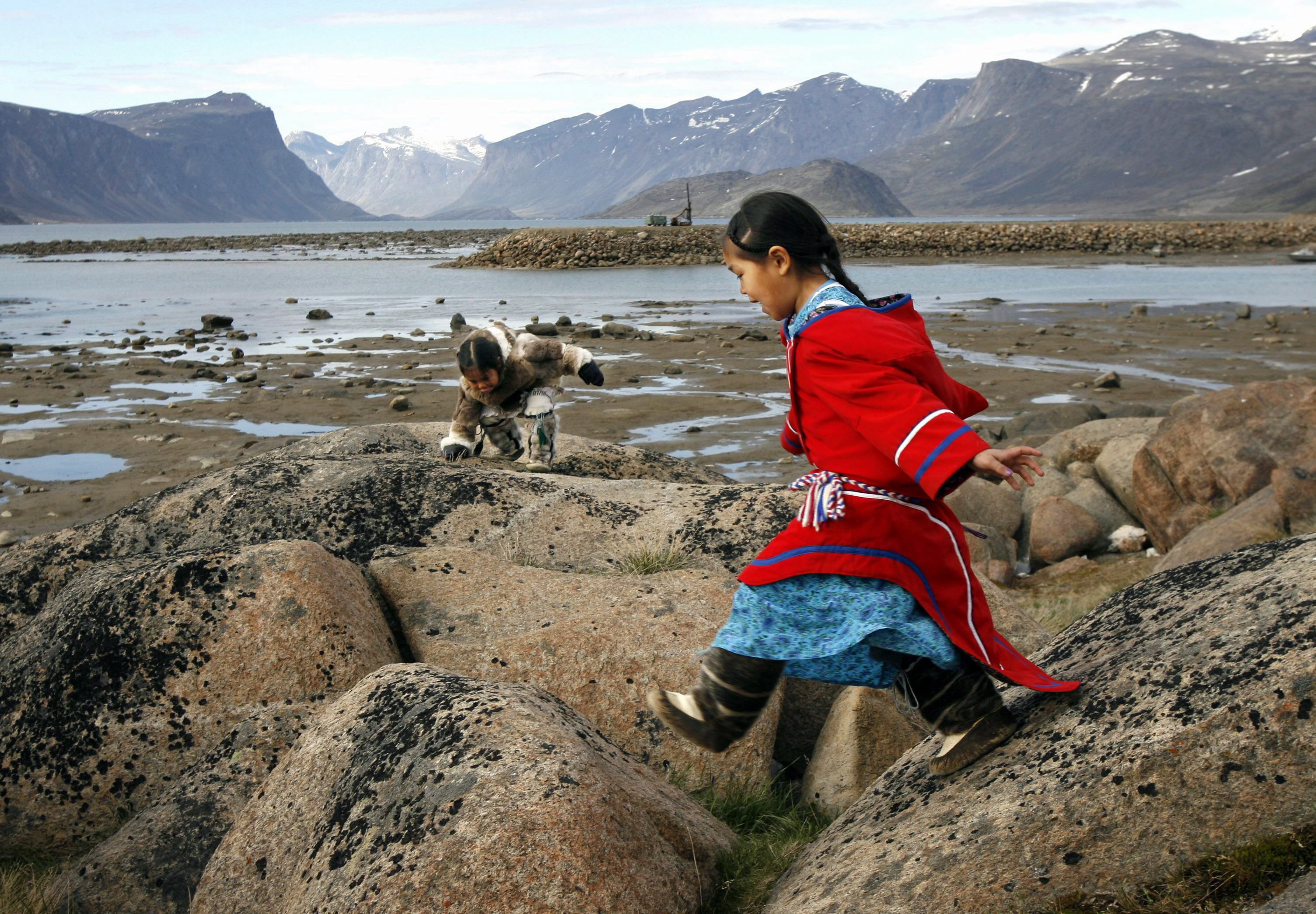
Despite these challenges, the premier said he feels optimistic about the territory’s future.
“I think Nunavut’s future is good and is bright,” Savikataaq said. “The Inuit employment in government has gone up and we’re working harder to get more Inuit working for the government.”
There is also growing employment in the private sector, in mines in particular, Savikataaq said.
“One of the things that we didn’t have 20 years ago in Nunavut was mines and we have four operating mines right now,” Savikataaq said. “And their Inuit employment is going up and mining brings good high-paying jobs.”
In the fall of 2019, the territory will also be finally getting a new deep-sea port that will serve the capital Iqaluit, Savikataaq said.
There are also more Inuit youth graduating from high schools and moving on to post-secondary education, he added.
“The Inuit in Nunavut are getting more and more educated and trained, which entails getting a job or a better job in the future,” Savikataaq said.
Resilient civilization
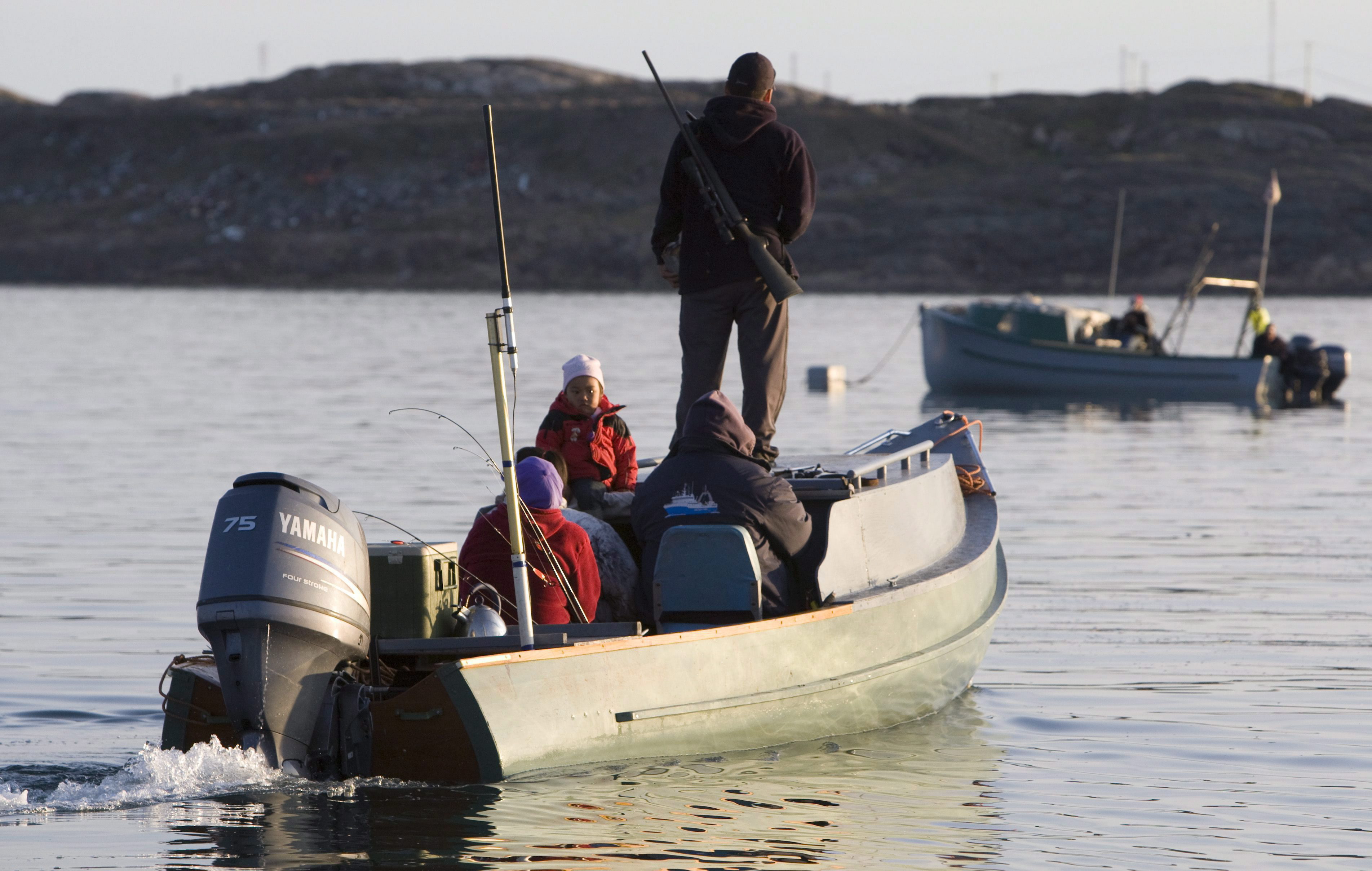
Kotierk said it’s very important to keep in mind that as recently as her father’s generation the Inuit were still living on the land.
“It’s been in very recent history that Inuit have been moved to communities and Inuit have started going to the formal school system,” Kotierk said.
“So I think when you start looking at our civilization that way and the rapid transition that we have experienced, I would argue that we are a resilient and adaptable people.”
The Inuit have shown their resilience by the number of people who graduate despite the fact that the school system is in English, despite the fact that the school system is based on a curriculum that does not recognize or have foundation in Inuit culture and knowledge, she said.
“Despite all that the Inuit are so resilient they are still graduating even though the vast majority of them are pushed out,” Kotierk said.
Like any civilization going through rapid change, the Inuit will continue to adapt and over time we will see an increase of Inuit graduating from high school, she said.
“And what I envision and what I hope over the next 20 years is that Inuit children graduating from high school within Nunavut will be bilingual in Inuktitut and English and will be bicultural,” Kotierk said.
Related stories from around the North:
Canada: Arctic Canada: Nunavut residents see progress, more work as territory turns 20, CBC News
Finland: Finnish gov pulls bill to ratify convention on Indigenous peoples’ rights, Yle News
Sweden: Calls for more Indigenous protection in Sweden on Sami national day, Radio Sweden
United States: Indigenous Peoples Day celebrated in Alaska, Alaska Public Media

